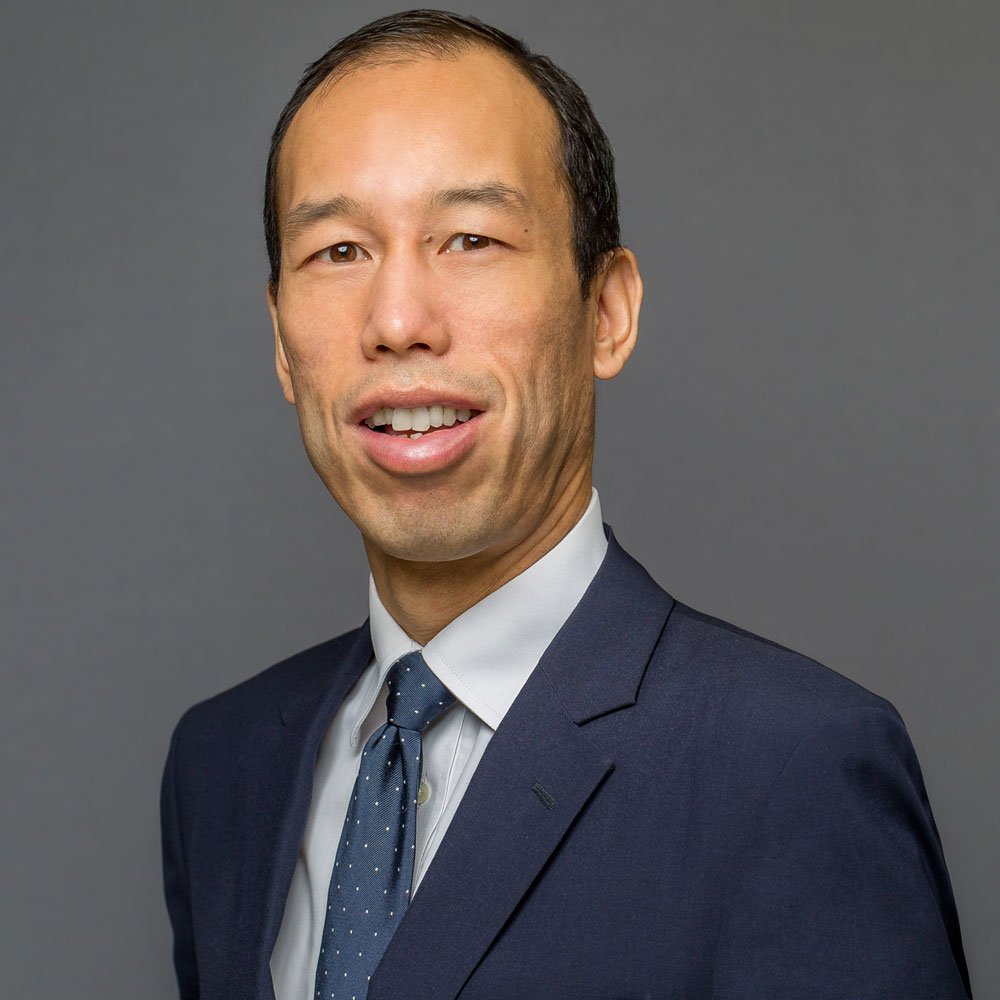Opportunity Zone Investments
A Qualified Opportunity Zone (“QOZ”) is an economically-distressed community where new investments, under certain conditions, may be eligible for preferential tax treatment. QOZs were established in the 2017 Tax Cuts and Jobs Act and can be found in all 50 states and five US territories. A full list of opportunity zones can be found here.
QOZs are designed to spur economic development and job creation in distressed communities through private investments in real estate and business by providing tax benefits to investors; such benefits include tax deferral and lower or zero taxes payable. Investments explicitly deemed ineligible for the tax benefits include golf courses, country clubs, massage parlors, hot tub facilities, suntan facilities, race tracks or other facilities used for gambling, and liquor stores.
An investor can invest in a QOZ through a Qualified Opportunity Zone Fund (“QOF”), which are investment vehicles that hold at least 90% of their assets in QOZ property. These funds can be created by the investor (“fund of one”) or by a professional manager (“pooled”). Investors do not need to live, work, or have a business in a QOZ to take advantage of the associated tax benefits.
QOZs and QOFs are relatively new investment concepts that show promise in terms of economic and social benefits. Regarding their investment potential, however, I have heard differing opinions. In my view, there will likely be large dispersion of returns, given regional economics and differences, and a high degree of risk as the communities selected for investment are economically distressed for a reason. From a tax perspective, the tax treatment has yet to be finalized and continues to evolve, with guidance still forthcoming from the IRS and the US Treasury.
As a fiduciary and an investment and risk management professional, I will continue to monitor developments in this new and emerging asset class until there is greater clarity and direction regarding the regulations and investment benefits surrounding QOZs and QOFs.
MCA Cross Border Advisors Inc. has extensive experience and expertise in transitioning accounts and portfolios between Canada and the US. With expertise in portfolio construction, manager search and selection, tax strategy, and financial planning, our team of experts can help create and structure a Canada/US cross-border optimized portfolio that remains aligned with your investment objectives and risk tolerance.

MCA Cross Border Advisors, Inc. is a registered investment adviser. Information presented is for educational purposes only and does not intend to make an offer or solicitation for the sale or purchase of any specific securities, investments, or investment strategies. Investments involve risk and, unless otherwise stated, are not guaranteed. Be sure to first consult with a qualified financial adviser and/or tax professional before implementing any strategy discussed herein. Past performance is not indicative of future performance.>
